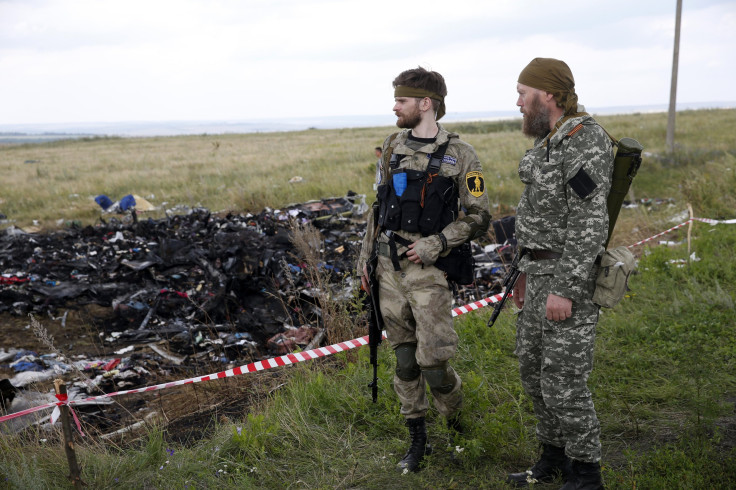European Sanctions Cannot Dislodge Russia From Ukraine

Ever since last Thursday’s crash of Malaysia Airlines Flight 17 galvanized international anger toward Russia, divisions among European countries have appeared to hinder the continent’s ability to react to the crisis. But as ambassadors to 28 European countries gathered in Brussels Thursday to hash out a fresh round of sanctions, internal divisions gave way to a more pertinent concern: whether the sanctions would successfully dislodge Russia from involvement in Ukraine.
The sanctions, which will include additional asset and visa freezes for high-ranking Russian officials and restrictions placed on Russian banks, will be announced in full when the ambassadors conclude their meeting early next week. But according to Alexander Kliment, a Russia expert at Eurasia Group, sanctions will stop short of targeting imports of Russian oil and gas -- the source of 80 percent of the country’s foreign exchange earnings.
“The Russians could withstand the fiscal impact of sanctions more than the Europeans can withstand the energy shortfall,” Kiment said.
In addition to concerns over their own imports of oil and natural gas, European leaders worry that halting Russian imports would destabilize global oil and gas prices; the country is responsible for about 20 percent of the world’s crude oil supply.
Despite this leverage, even the modest sanctions are expected to hurt Russia’s economy, which grew by a sluggish 0.5 percent in the first quarter of this year. Moscow has struggled to lower interest rates on government bonds and reduce capital flight: An estimated $70 billion left the country in the first six months of this year. The European sanctions will also target crucial equipment for establishing new oil and gas extraction facilities, forcing Russia to rely on existing facilities to maintain current levels of capacity.
But according to Kliment, Moscow is willing to endure these economic problems in order to maintain a presence in Ukraine. “Vladimir Putin is willing to subsume his economic goals in order to strengthen his geopolitical ones,” says Kliment.
Despite tough rhetoric from leaders across the continent, European countries face little pressure to take strong action against Russia. Public anger toward Moscow has risen considerably in England and Germany in the week since MH17 fell in Ukraine. But even so, only a small percentage of English or German citizens supports severing diplomatic ties.
Even the United States, which has advocated a tougher stance against Russia than has Europe, has refrained from imposing travel or asset freezes on President Putin and his inner circle, citing the need for Russian cooperation on issues ranging from Iran to North Korea.
Appearing on CNN, international affairs analyst Fareed Zakaria summarized the difficulty of isolating Russia.
“[Russia] is different from Iran and Syria. Russia is a big global power. It has a U.N. veto. It has its tentacles all over the world.”
© Copyright IBTimes 2024. All rights reserved.






















